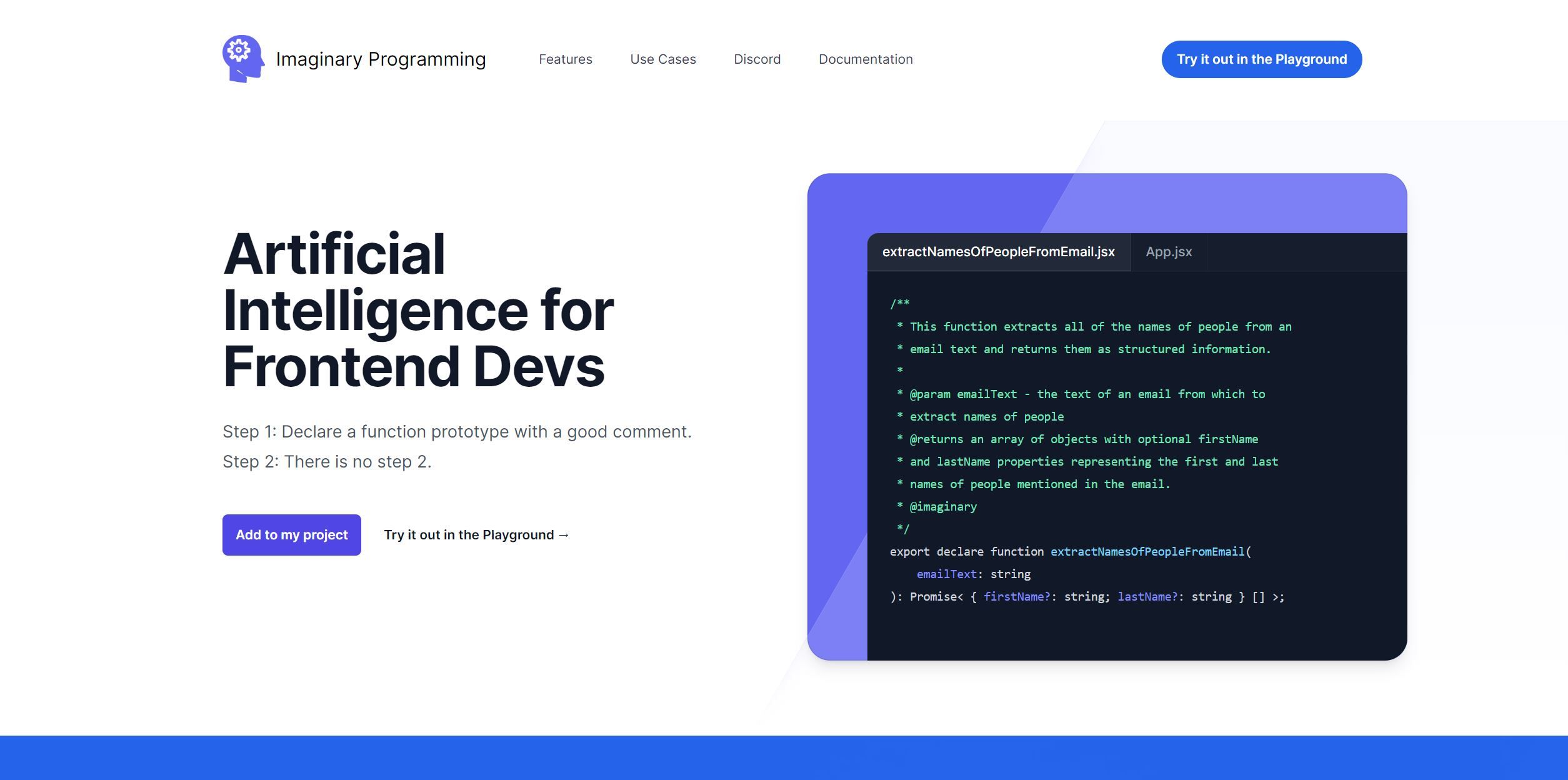Overcomer is a mental wellness companion designed to help users break free from compulsive digital behaviors and regain control of their emotional well-being.
Imaginary Programming

Please login to write a review.







